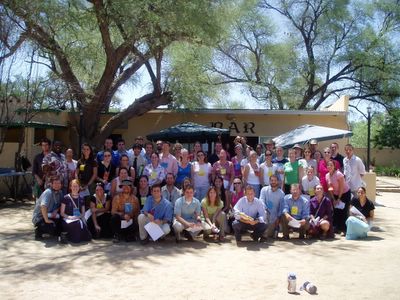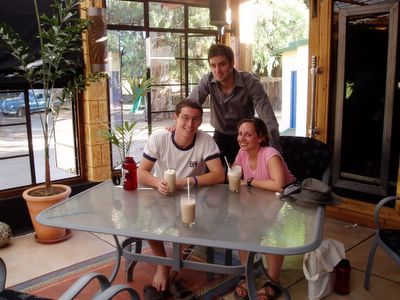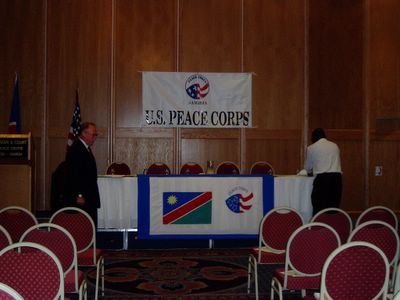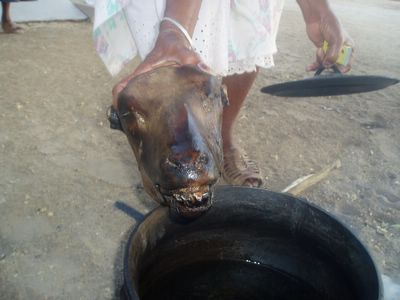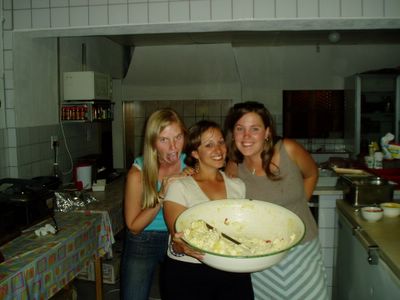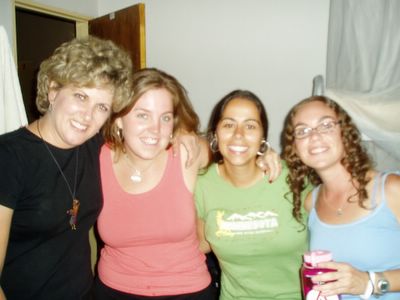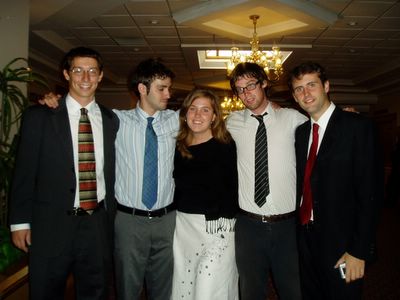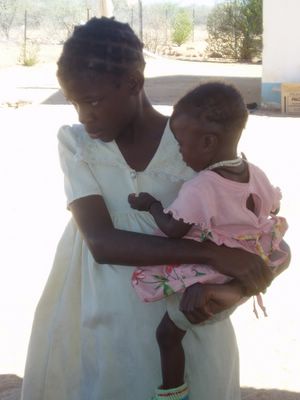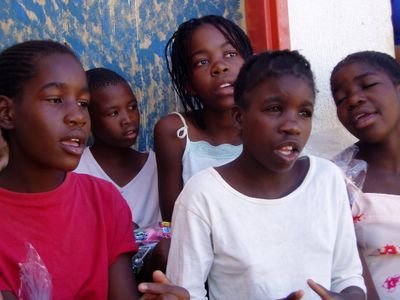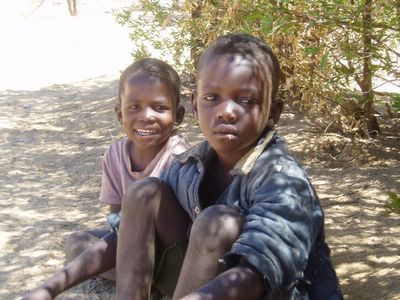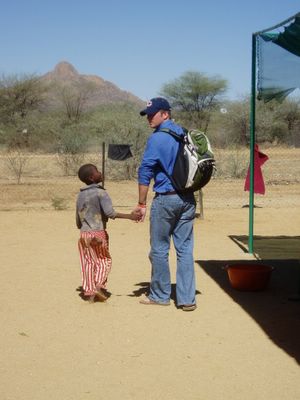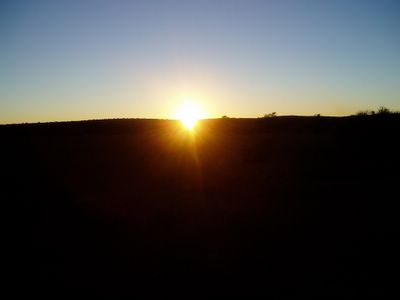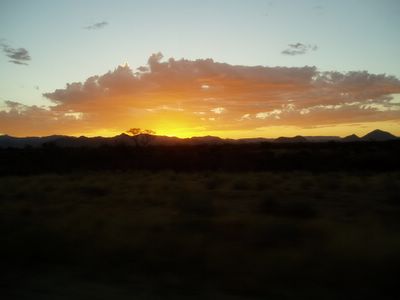Different Names for the Same Things
In Namibia…
-Floppy disks are called "stiffys"
-Grilled sandwiches are called "toasties"
-"Now" means in a little while, and "now-now" means right now. For example, "I'm eating lunch now-now, but I'm going to the store now." This can get a bit confusing, because you can say, "I'm coming just now," which would mean you are leaving now-now, but coming back in a little while… now-now is one of my favorite Namibian phrases:)
-Candy or sweets are called "lekkers." The word "lekker" means nice or good in Afrikaans.
-It is better to be fat than skinny because it means you have enough money to eat well
-Napkins are called "serviettes" (napkins are feminine hygiene products, something my friend Chris and I found out the hard way when we went to the store and told the clerk we needed, "about 500 napkins for our party." She was a bit shocked.)
-Trucks are called "baakies"
-Older women, usually mothers or aunts, are called "memes" (pronounced may-may)
-Babies are "babas"
-If someone says, "He lives in the bush," it means very far away, or very remote. The equivalent of us saying the "boonies."
-Skin color matters. While I really only see "black" and "white," people here see shades. Different shades associate you with different ethnic and tribal groups
-Tea time is twice daily from 10-10:30 and 3-3:30
-liquor stores are called "bottle stores."
-Alcoholic and non-alcoholic drinks are referred to as a "cool drink."
In fact, the Afrikaans word for a cold beverage is "koeldrink"
-French fries are called "chips"
-"The Location" is an actual neighborhood or section of town. During apartheid, towns were segregated into white and black neighborhoods, and all of the black people lived in an area called "the location." Though things have gotten a bit more inclusive here, there are still locations in most decent sized communities and, unless there's a white PCV living there, they are still made up of only black people.
-Porridge is called "pap"
-If you say you are vegetarian, people will cook you fish and chicken
-A grill is called a "braai"
-"Must" means "can" (ex. "You must begin cooking now.")
-A large bus or van is called a "combi"
-Rolls are called "brotchens"
-Hitchhiking is called "hiking" and is the primary mode of transportation for many people, especially volunteers
-"Is it?" is quite possibly the most "Namibian" phrase utilized by volunteers. "Is it?" stands in for phrases such as "really?" or "is that so?" but doesn't necessarily have to make sense in context. For example, if I say "All of my grade 12 learners failed their English exam," or "I'm going to Windhoek for the weekend," the proper response
would be, "Is it?"
